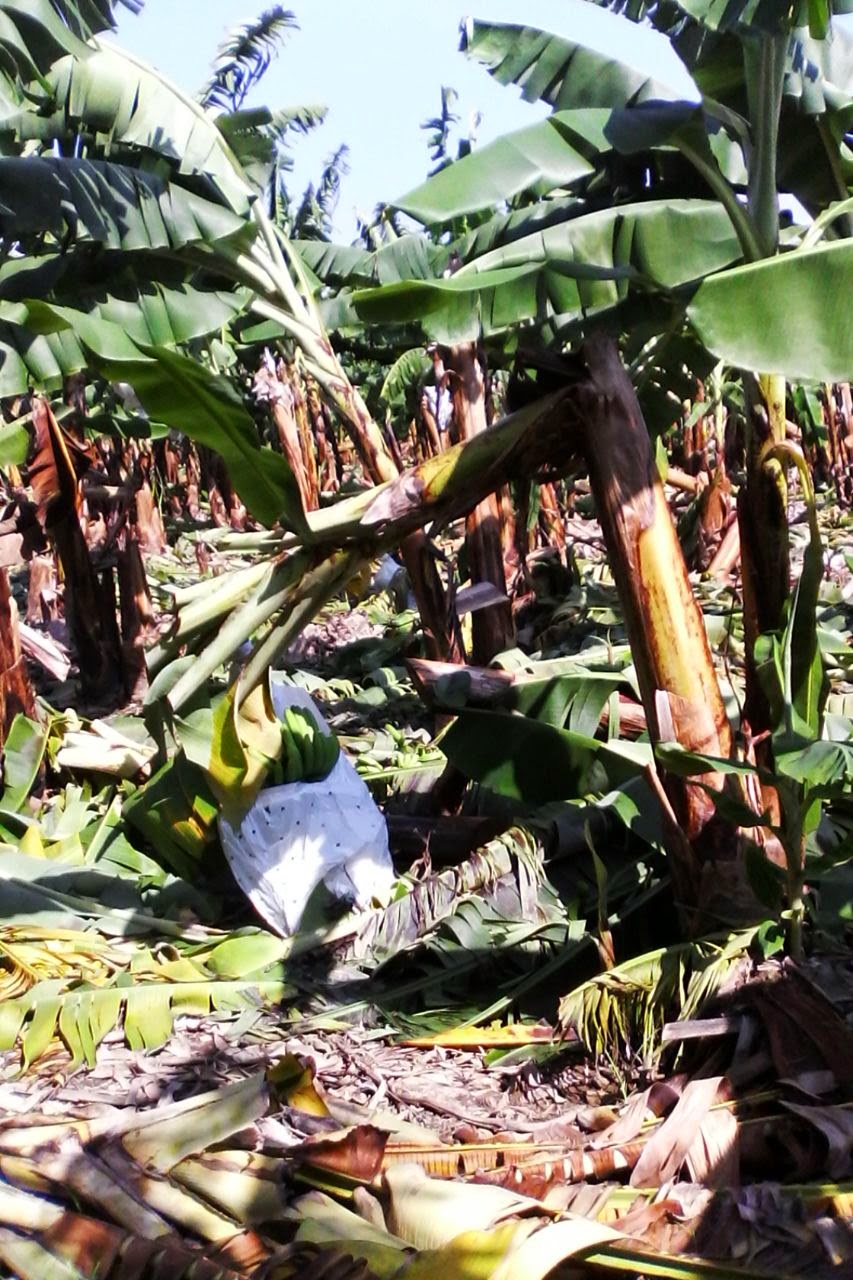Building a Fortified Hive of Beekeepers in Guyana Abecky Williams, 26, fell in love with apiculture after taking a university lecture. "I was fascinated by bees - by the way they communicate and how they do things in the hive," Williams said. "Each bee in the hive has their job outlined. I love agriculture and I realize the importance of beekeeping.” Beekeepers Abecky Williams and Donald Isaac prepare to monitor Abecky’s beehives. Georgetown, Guyana. Photo Credit: Monica Gonzalez Williams, who works during the day as a science teacher, is one of the newest and younger members of the Guyana Apiculture Society (GAS), Guyana’s lead and exclusive beekeeping association established in 2010. Their primary objective is to foster a thriving beekeeping culture in Guyana that promotes rural livelihoods while contributing to strengthening Guyana’s natural environment and sustainable agriculture. With 35 members managing close to 600 hives, GAS represents a wealth of years of bee...




.png)

Comments
Post a Comment